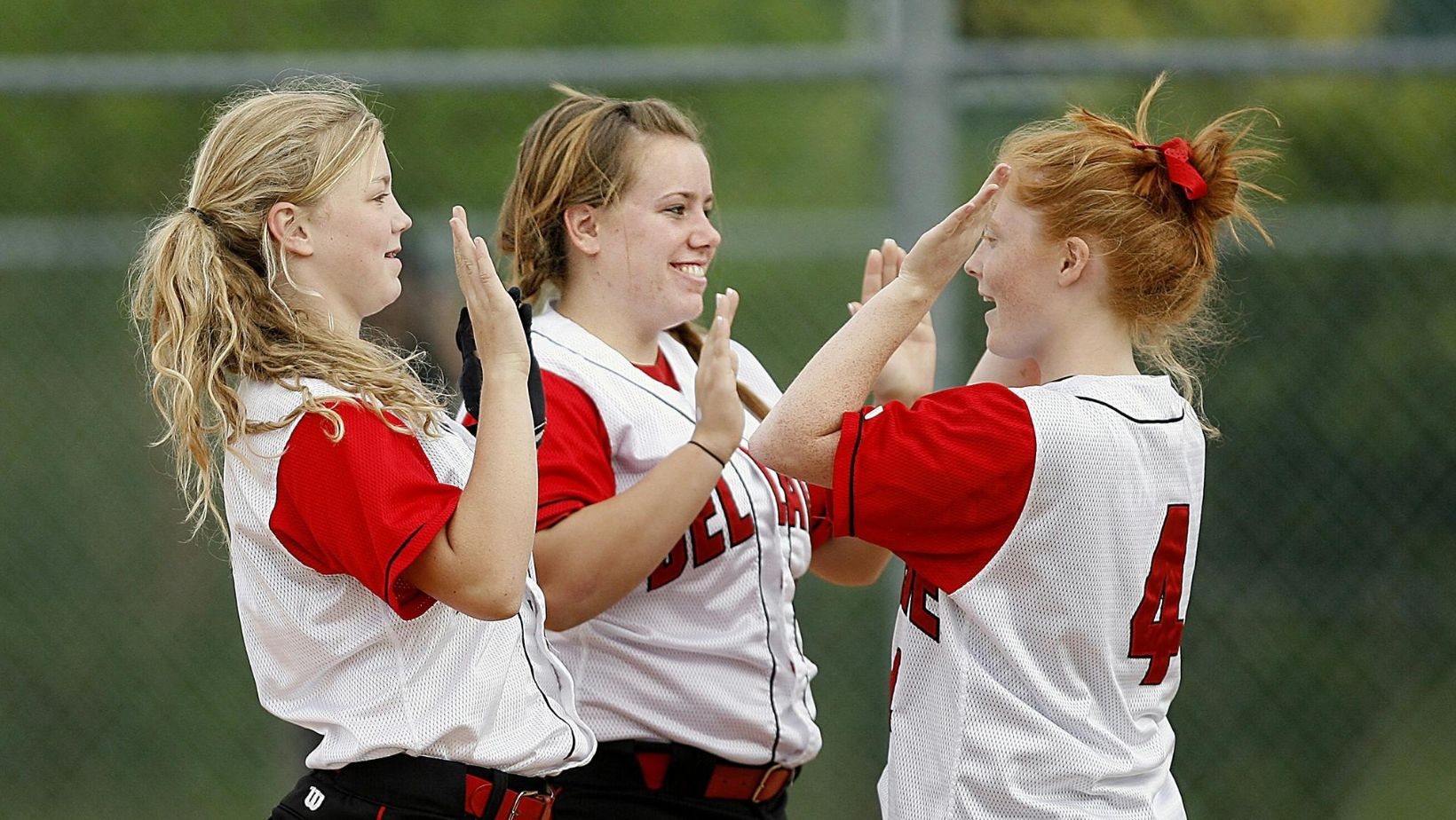Introduction: More Than Just Games
Anyone who has spent more than an hour with children in recent years can’t help but notice how digital technology has changed the childhoods of modern people. Smartphones, tablets, smart watches, voice assistants, YouTube, and social networks have forever changed the way we experience the world, which is good on the one hand, but disturbing on the other. Sports have always been considered a great way to distract kids from “unhelpful” activities, especially team sports.
Character Building: Lessons That Last a Lifetime
Of all the benefits of team sports, perhaps the best is character building. The moment that a child joins a sports team, he or she learns to follow rules, be responsible, and be respectful of other human beings. They experience both wins and losses, and every moment is an educational one. These lessons remain long after they have left the field.
Discipline is a good example. It is not always easy to wake up early to practice or to practice after school. But they learn to tolerate pain to reach for a goal. That sort of discipline does not only extend to sports—it extends to school, relationships, and work life in the future.
Team sports also encourage responsibility. As a team member, you can not be a selfish person. When you fail to attend training or do your best when you train with your team, you are disappointing other people. This idea of being accountable to others is something kids may not understand in other parts of life.

Social Skills: Real-Life Connections in a Digital Age
We always speak of children having to learn social skills, yet we don’t really know how to teach them. Team sports do this naturally. The team members are obliged to communicate, collaborate, and assist each other in a direction of achieving a common objective.
Team sports also make introvert or shy children come out of their shells. They are made to belong, since they have a team. They realize that they are not the only ones and other people are counting on them. This can build real confidence in the long run—something not easily gained from solitary activities or the virtual world.
Mental Health: A Natural Boost
Depression and anxiety among teens are on the rise everywhere. Home stress, school stress, and stress in social media can become overwhelming. However, research indicates that exercise, that is, team-related exercise, is an anti-stressor and it cheers up.
When kids run, jump, or play sports, their body releases endorphins. These “feel good” hormones give a boost to mood and energy levels. But the psychological benefit of team sports is even deeper than physiology.
And don’t overlook the support group. A team is a second family. Coaches notice when a player is in a funk. Team members support one another. Just sitting around other human beings, kidding around in the locker room or basking in the glory of a big win, can get someone out of a funk.
Life Rehearsal: Prepared for the Future
Later on, the jerseys are stashed in the closet and the games are over. But what is not coming to an end is the education gained from playing team sports. Leadership, communication, or dealing with stress – wherever it is, college, the office, or in life, these matters come into play.
Team players make great employees too. They understand what teamwork, time management, and getting criticism are all about. They understand what it takes to be a commitment maker and how to win and lose graciously.
Team sports are a reflection of life in so many ways. There are pressure moments, disappointments, rivalries, and triumph. Children learn how to deal with it all early and are therefore more ready for the real world than any book ever could be.
Happy Parent, Happy Child
As strange as it may sound, a child’s activities give the parent time to take a break from parenting. Let the coach and teammates handle it while mom goes for a manicure and dad keeps an eye on the pro clubs at https://1xbetbdapk.com/.
Postletrennirovaniya can discuss with the child his successes and failures, relationships in the team, goals, and aspirations. It certainly has a positive impact on the parent-child relationship.
Conclusion: A Better Tomorrow Through Sport
Team sports are not merely diversion. They are a laboratory of life. They are where better people are made—stronger, nicer, more durable. In the middle of a time when teenagers are under more pressure and distraction than ever before, the simplicity and wealth of team sports achieve balance.


